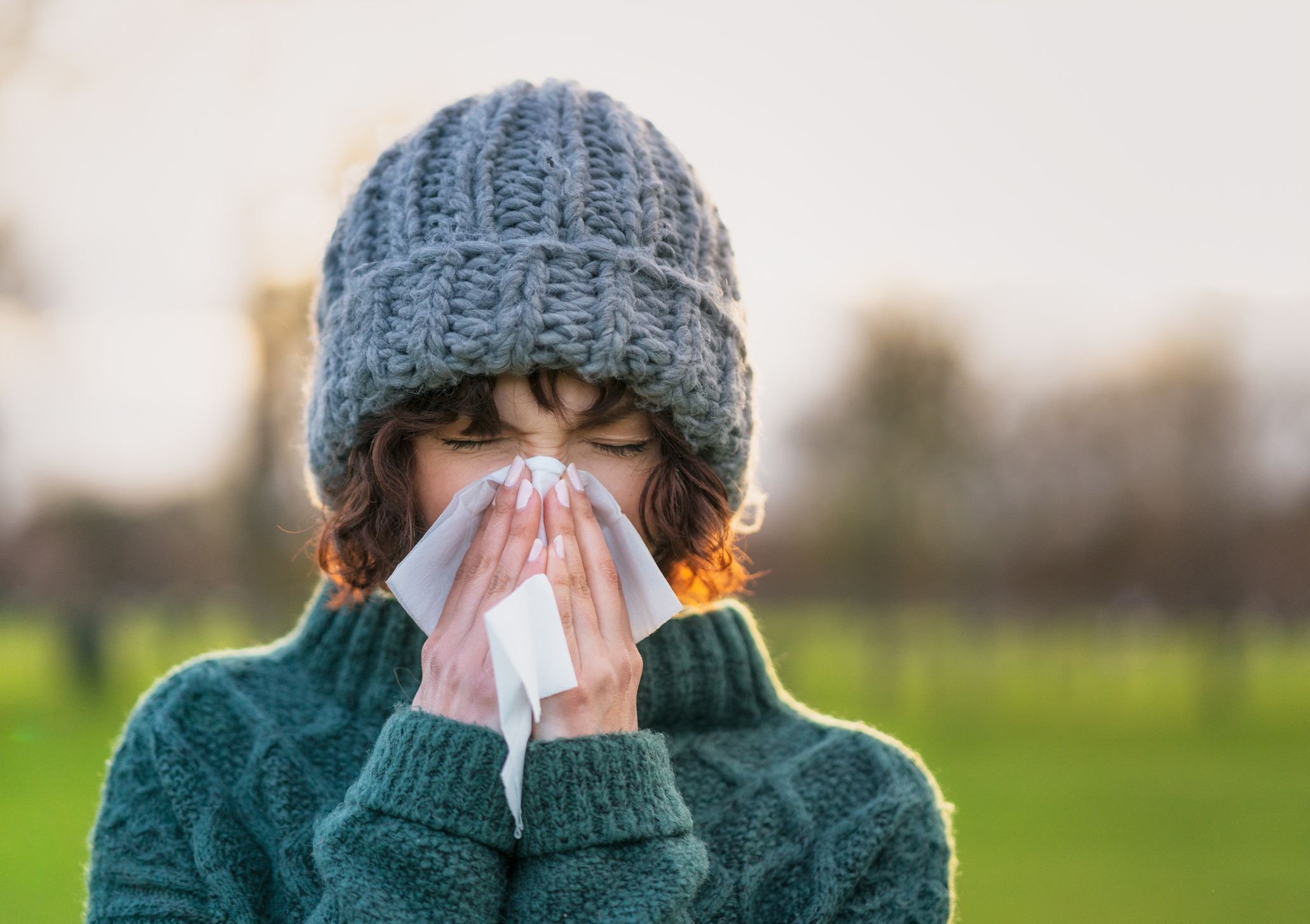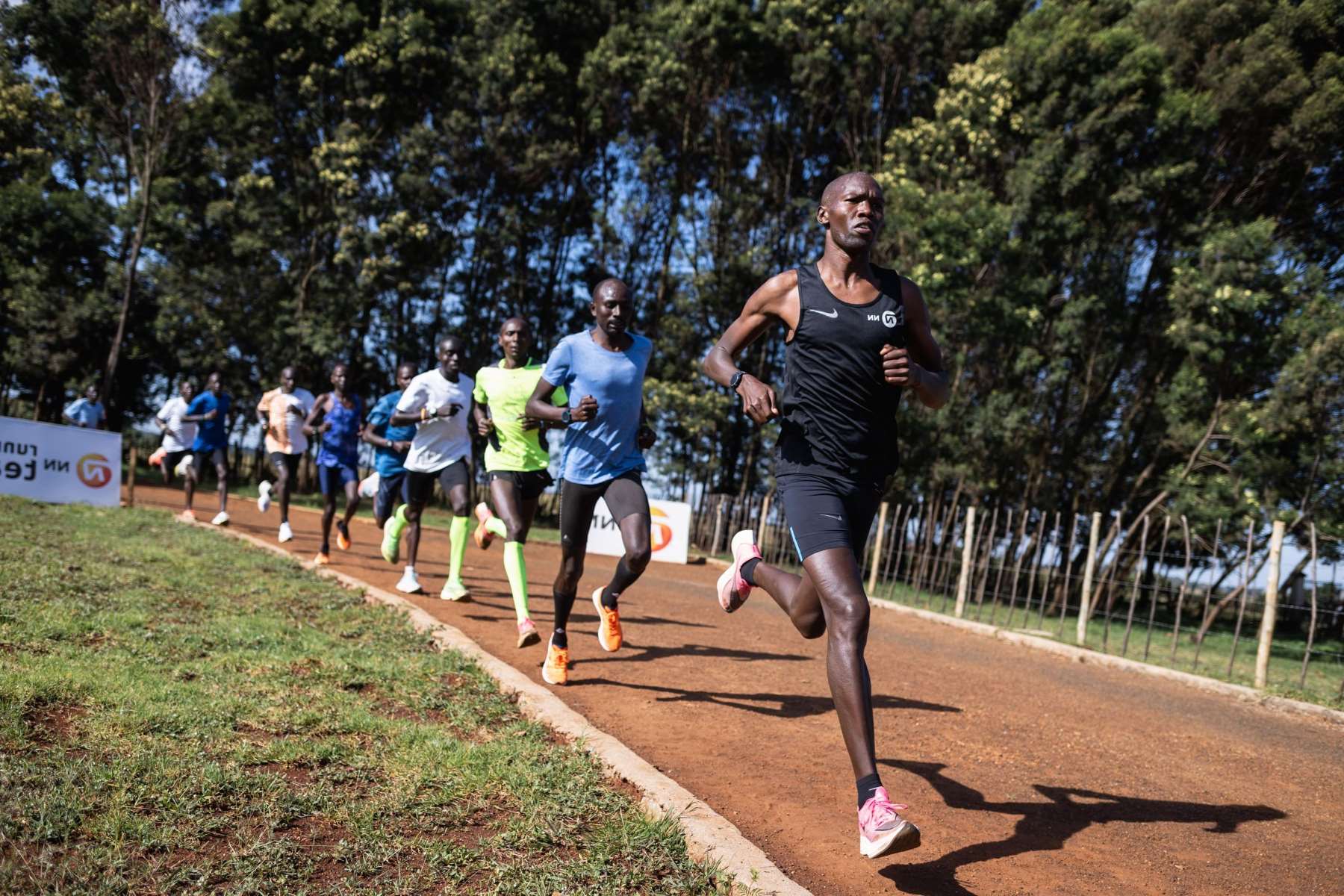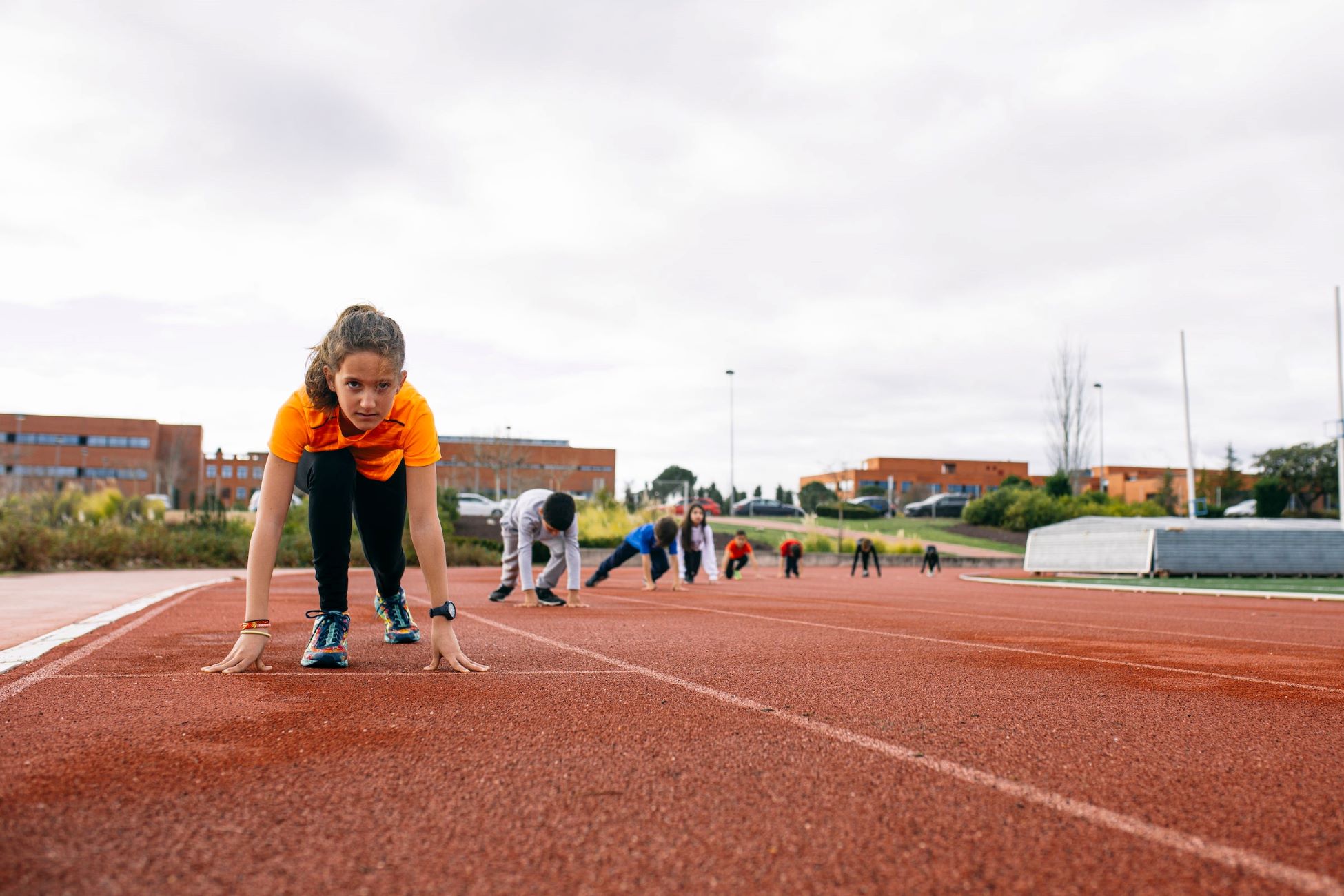Home>Health & Nutrition>What Causes A Runny Nose When Running?


Health & Nutrition
What Causes A Runny Nose When Running?
Published: February 20, 2024
Discover the reasons behind a runny nose while running and how to manage it. Learn more about health and nutrition tips for runners.
(Many of the links in this article redirect to a specific reviewed product. Your purchase of these products through affiliate links helps to generate commission for Therunningadvisor.com, at no extra cost. Learn more)
Table of Contents
The Physiology of Nasal Secretion
The human body is a marvel of intricate systems working in harmony, and the physiology of nasal secretion is no exception. The nasal passages are lined with a specialized type of tissue known as the respiratory epithelium, which plays a crucial role in maintaining the health and functionality of the respiratory system. This epithelium contains various types of cells, including goblet cells and ciliated cells, which work together to produce and regulate nasal secretions.
Goblet cells are responsible for producing mucus, a viscous fluid that serves as a protective barrier in the nasal passages. This mucus plays a vital role in trapping foreign particles, such as dust, pollen, and bacteria, preventing them from entering the respiratory system. Additionally, the mucus helps to moisturize the nasal passages, preventing them from drying out and becoming susceptible to irritation and infection.
Meanwhile, ciliated cells are equipped with tiny hair-like structures called cilia, which constantly beat in a coordinated fashion. This rhythmic motion serves to propel the mucus along the nasal passages, carrying trapped particles towards the throat where they can be swallowed and expelled from the body. This mechanism is a crucial part of the body's defense system, helping to maintain clear airways and protect against respiratory infections.
The regulation of nasal secretion is a finely tuned process, influenced by various factors such as hydration levels, hormonal changes, and environmental stimuli. When the respiratory epithelium detects an irritant or an increase in airborne particles, it may respond by increasing mucus production to enhance the protective barrier in the nasal passages. Conversely, in situations where the air is dry, the body may reduce mucus production to prevent excessive drying of the nasal passages.
Understanding the intricate physiology of nasal secretion sheds light on the body's remarkable ability to adapt and protect itself in response to different stimuli. This knowledge is particularly relevant when exploring the factors that contribute to a runny nose during physical activities such as running, where the body's respiratory system undergoes unique changes.
The Impact of Exercise on Nasal Secretion
Engaging in physical exercise, such as running, triggers a cascade of physiological responses within the body, including the respiratory system. As the intensity of exercise increases, so does the demand for oxygen, prompting the respiratory system to work more vigorously to meet the body's needs. This heightened respiratory activity can have a notable impact on nasal secretion.
During exercise, the body undergoes a series of changes to support increased oxygen uptake and energy production. As the respiratory rate rises, the airways expand and contract more rapidly, leading to greater airflow through the nasal passages. This increased airflow can stimulate the respiratory epithelium, prompting an uptick in mucus production to maintain the protective barrier in the nasal passages.
Moreover, the body's natural response to physical exertion involves an elevation in heart rate and blood flow to deliver oxygen and nutrients to working muscles. This heightened circulation can also affect nasal secretion, as the increased blood flow to the nasal mucosa may contribute to greater mucus production.
Additionally, the act of breathing through the mouth during intense exercise can impact nasal secretion. When individuals engage in vigorous physical activity, they often switch from nasal breathing to mouth breathing to meet the heightened oxygen demands. This shift in breathing pattern can lead to reduced airflow through the nasal passages, potentially causing the nasal mucosa to become drier. In response, the respiratory epithelium may increase mucus production to compensate for the reduced nasal airflow and maintain the necessary moisture levels.
Furthermore, the release of certain hormones during exercise, such as adrenaline, can influence nasal secretion. Adrenaline, also known as epinephrine, is a key player in the body's "fight or flight" response, mobilizing energy reserves and increasing heart rate to support physical activity. This hormone can have a regulatory effect on mucus production, potentially impacting nasal secretion during exercise.
In summary, the impact of exercise on nasal secretion is a multifaceted interplay of respiratory dynamics, circulatory changes, breathing patterns, and hormonal responses. These factors collectively contribute to the variations in nasal secretion experienced during physical activity, shedding light on the intricate relationship between exercise and the respiratory system's secretory function.
Environmental Factors and Runny Noses while Running
Environmental factors play a significant role in the occurrence of runny noses during running, adding an extra layer of complexity to the interplay between the body's physiological responses and external influences. When individuals engage in outdoor activities like running, they are exposed to a myriad of environmental elements that can impact nasal secretion and contribute to the onset of a runny nose.
One prominent environmental factor is air temperature. When running in cold weather, the body's natural response is to conserve heat by redirecting blood flow away from the skin and towards vital organs. This vasoconstriction, or narrowing of blood vessels, can affect nasal secretion by reducing the blood flow to the nasal mucosa. As a result, the nasal passages may become drier, potentially leading to increased mucus production as the respiratory epithelium works to maintain optimal moisture levels. Conversely, running in hot and humid conditions can trigger heightened perspiration, leading to dehydration. In response, the body may allocate more water to sweat production, potentially impacting nasal mucus consistency and secretion.
Furthermore, airborne irritants and allergens present in the outdoor environment can influence nasal secretion during running. Pollen, dust, and other particulate matter can act as irritants, prompting the respiratory epithelium to increase mucus production as a protective response. This heightened secretion aims to trap and remove these foreign particles from the nasal passages, safeguarding the respiratory system from potential harm. For individuals with allergies, exposure to allergens while running can trigger an exaggerated immune response, leading to increased nasal secretions as the body attempts to expel the allergens.
Another environmental consideration is air quality. Running in urban areas with high levels of air pollution exposes individuals to a range of airborne pollutants, including vehicle emissions and industrial by-products. Prolonged exposure to these pollutants can irritate the respiratory epithelium, potentially leading to an increase in nasal secretions as the body attempts to mitigate the effects of the inhaled pollutants.
In addition to these factors, the physical act of running itself can impact nasal secretion in response to environmental stimuli. The rhythmic motion of running, coupled with increased respiratory activity, can influence airflow through the nasal passages, potentially affecting mucus distribution and clearance. Moreover, changes in altitude, such as running at higher elevations, can introduce variations in air pressure and oxygen levels, which may further influence nasal secretion patterns.
In essence, the interaction between environmental factors and nasal secretion during running is a dynamic and intricate process. The body's ability to adapt to diverse environmental conditions while maintaining respiratory health underscores the remarkable complexity of human physiology and the multifaceted nature of nasal secretion regulation during physical activity.
















